Vientiane 27-28 November 2019
The 3rd Steering Committee of ECOMORE2 project has been held in Vientiane for 2days, bringing together PIs and implementation teams from Cambodia, Lao PDR, Myanmar, Philippines and Vietnam, external experts in the field of entomology and leptospirosis, the Coordination Team with participation of the two Project Managers from the International Department of the Institut Pasteur, the Country Director of AFD in Lao PDR and the Head of Projects of AFD’s Health Division, representatives of the French Embassy and of the World Health Organization.
The role of the Steering Committee is principally to monitor the progress of the project that is done thanks to annual presentations made by the partners and to discuss if necessary, adjustments or corrective actions.
This 3rd Steering Committee was organized after 5 semesters of field implementation and so, partners could present preliminary findings produced by field studies.
This meeting has given a unique opportunity to entomologists, epidemiologists, virologists, climatologists and data managers to share experience, results and sometimes difficulties encountered.
After welcoming speech from Paul Brey, Director of the Institut Pasteur du Laos and opening remarks of Matthieu Bommier Country Director of AFD in Lao PDR, and Maud Seguy, Head of Operation Division at the International Department of Institut Pasteur, the meeting started.
Presentations and discussions reflected how the control of dengue is still challenging but as well that progress in terms of surveillance, epidemiological findings, laboratory testing, mapping and analysis of data produced by ECOMORE 2 project, can result in better understanding of the dynamic of vectors and predict transmission of dengue.
Presentations on Leptospirosis demonstrated that this disease is really a neglected disease, wrongly. The studies conducted highlight that the disease transmission is significant in the rural population scrutinized in Vietnam and in peri-urban settings considered in Myanmar. Obviously, raising awareness of Medical Doctors has resulted in identifying hundreds of suspected clinical cases and reinforcement of laboratory capacity in terms of technique and algorithms of analysis allowed to definitely confirm many cases of Leptospirosis. However Leptospirosis cases remain severe forms of the disease detected several days after onset of symptoms while mid-form are difficult to capture in hospitals.
This ECOMORE2 project has clearly reactivated the concern of the health sector for Leptospirosis allowing better diagnosis of cases of undifferentiated fever syndrome.
Coffee break are also critical for continuing discussions and creating friendly relationship between participants.
All participants were highly interested by presentations related to the climate component that intend to provide a web-platform to simulate different climate change scenarios in the next decades showing possible impact on risk for dengue and leptospirosis transmission. This tool will be delivered to Authorities and should constitute an advocacy mean to raise awareness on the consequences of global warming on public health.
On the other hand, Health Geographers demonstrated that using meteorological data allow to predict Leptospirosis transmission, 6 weeks in advance and so can constitute a simple and reliable Early Warning System while the clinical surveillance appears unrealistic due to undifferentiated signs of the disease.
It has been stressed that globally the ECOMORE2 project implementation is in line with the work-plans and budget-plans. The component conducted in the Philippines started with significant delay but is now on track and experience gained during field trials in Cambodia and Lao PDR will benefit to the large scale study in Lipa City.
The partners acknowledged that an external evaluation of ECOMORE projects will be conducted during the second semester of year 2020; the objective is to assess if the methodologies and activities implemented led to the achievement of the planned outcomes. Recommendations from the evaluator are expected in order to improve the quality of future projects.
It is planned to organize a Final Symposium at the end of the project to ensure the Knowledge Transfer to the key stakeholders in order to promote methodologies, findings and recommendations produced by ECOMORE.
After an animated debate, the partners decided that the Final Symposium should be split in Rotating Country Symposium; each partner country will host a final symposium in September-October 2020 with the participation of key speakers from the other partner countries. This option seems the most cost-effective approach to reach the widest possible audience.
The 4th final Steering Committee will be organized in Yangon likely at the end of October 2020.
All participants in the Steering Committee, the Minister of Health in Lao PDR, Assoc. Prof. Dr Bounkong Syhavong, the former Minister of health, Dr Ponmek Dalaloy and many stakeholders from the Institut de la Recherche et du Developpement (IRD), from the Fondation Mérieux were invited by H.E. Florence Jeanblanc-Risler, French Ambassador in Lao PDR to participate in a cocktail dinner at the Residence de France in Vientiane. This event gave the opportunity to inaugurate and to present a remarkable photo exhibition on ECOMORE2 project prepared by Mrs. Charlotte Le Layo, Regional Communication Officer for Southeast Asia at AFD.
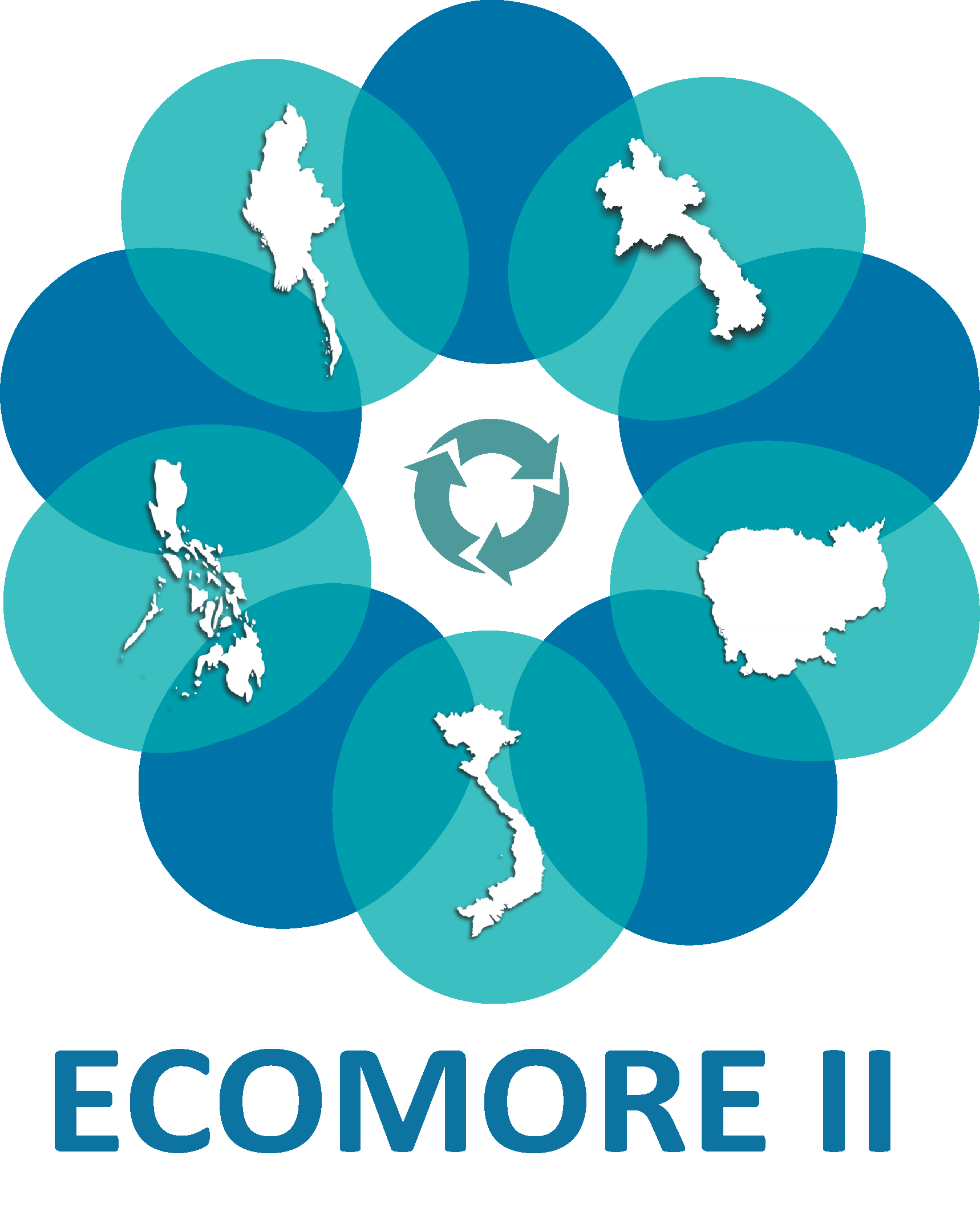
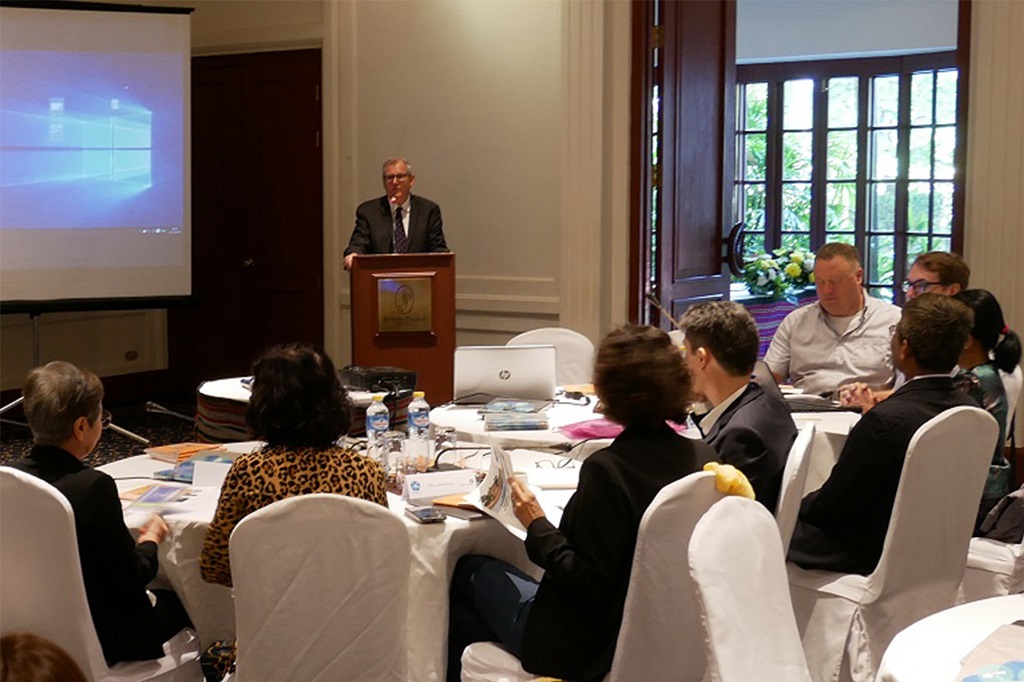
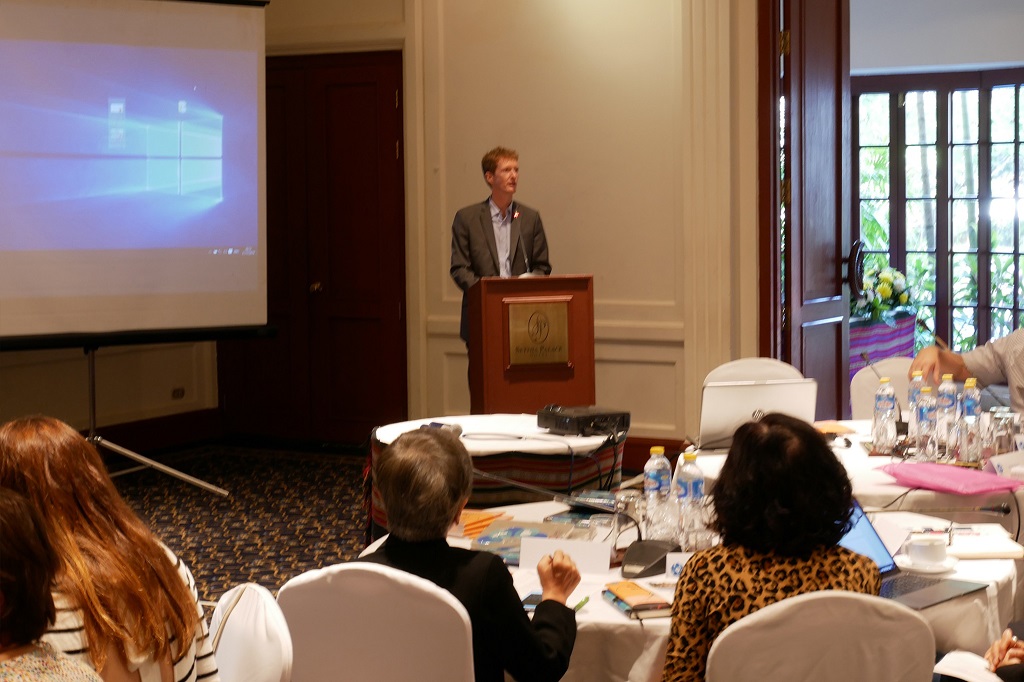

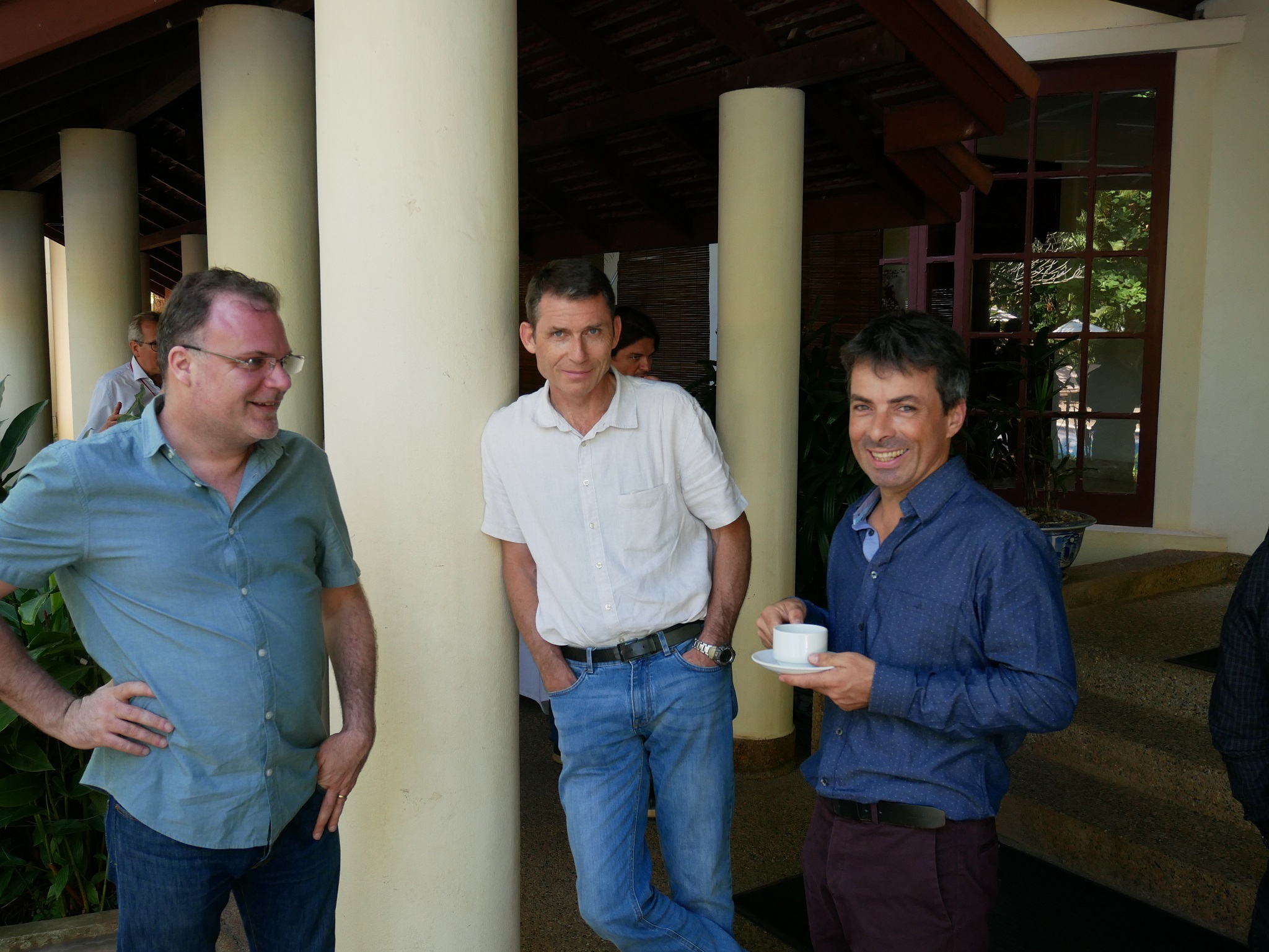
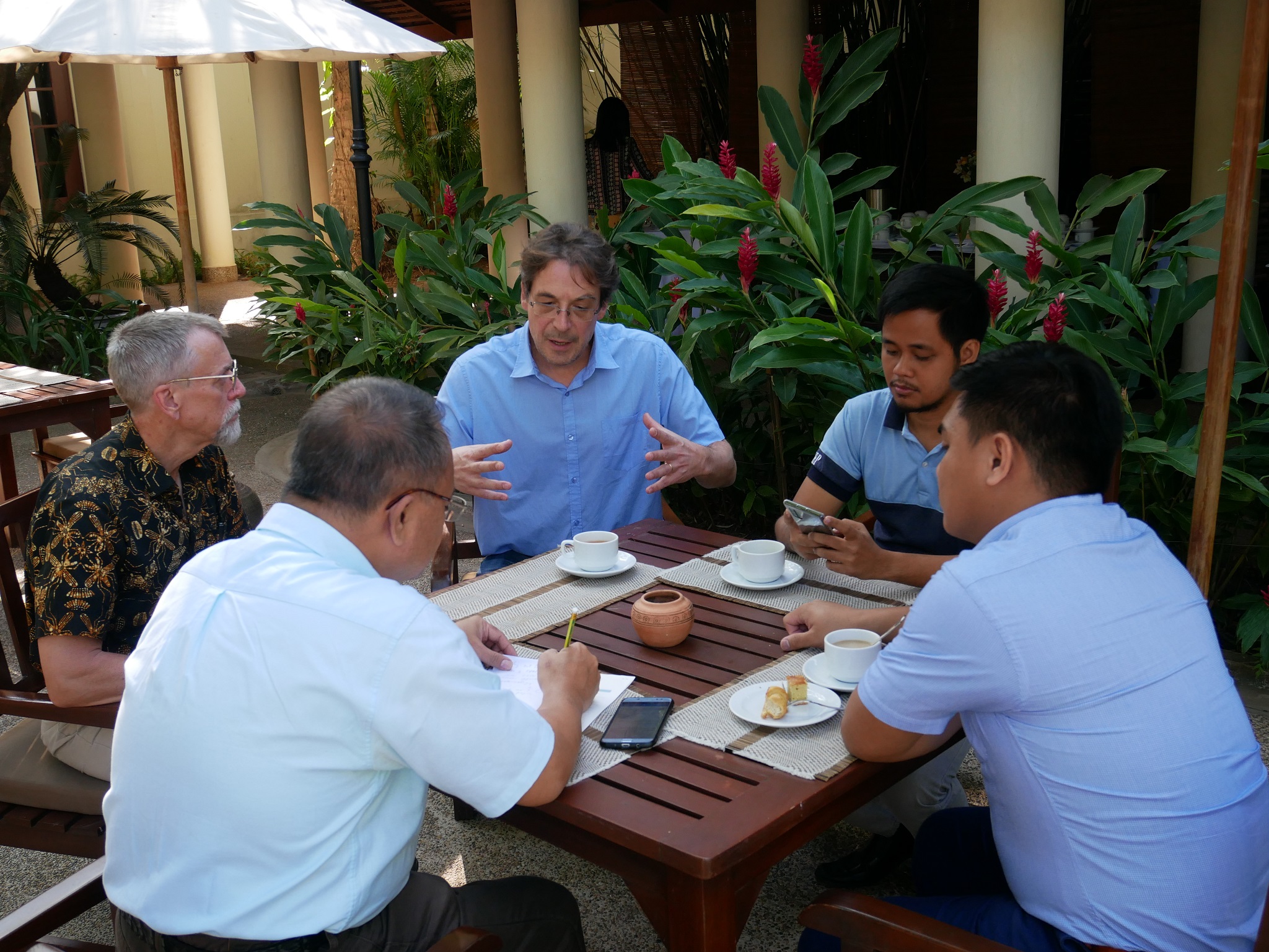
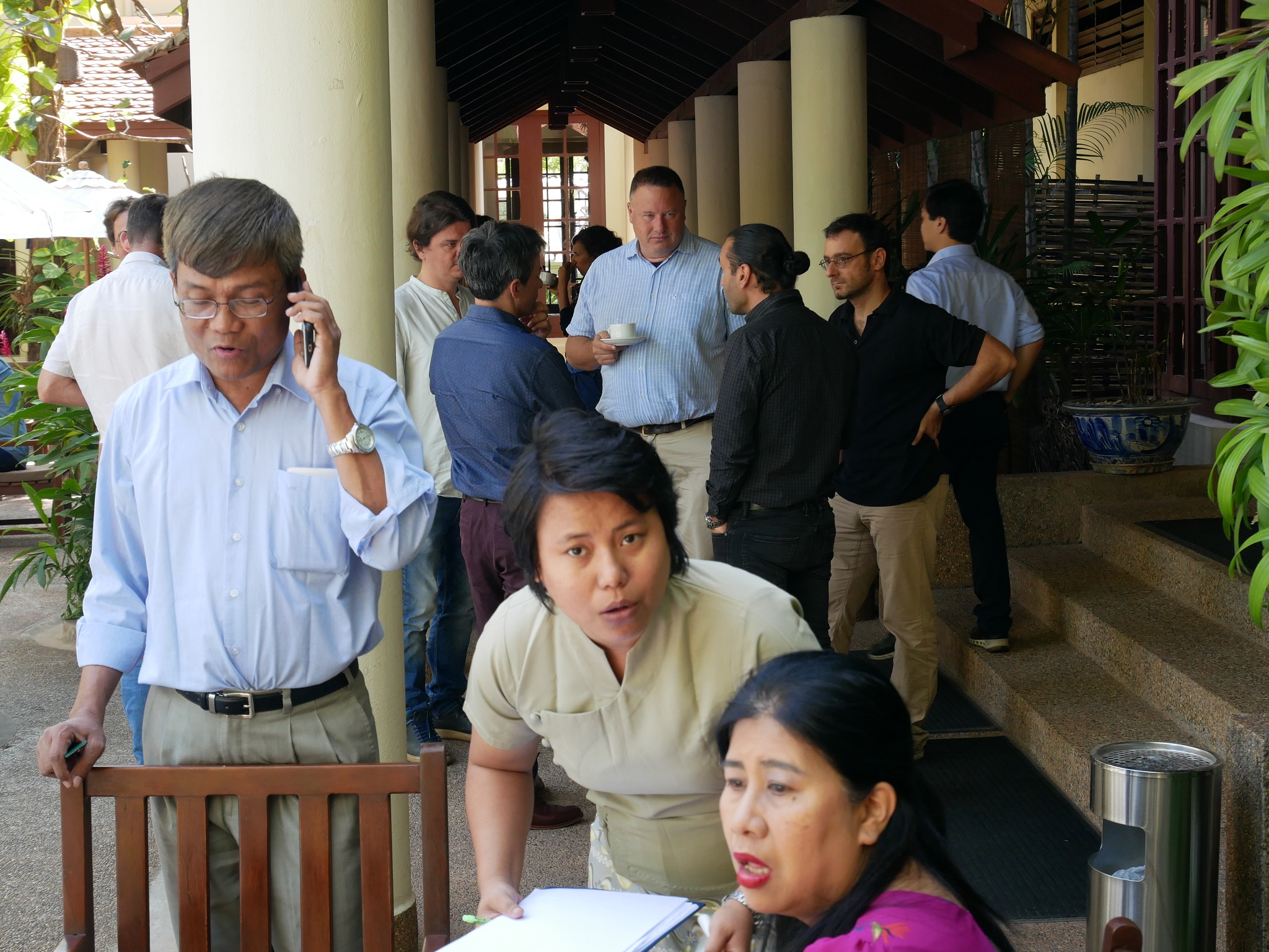



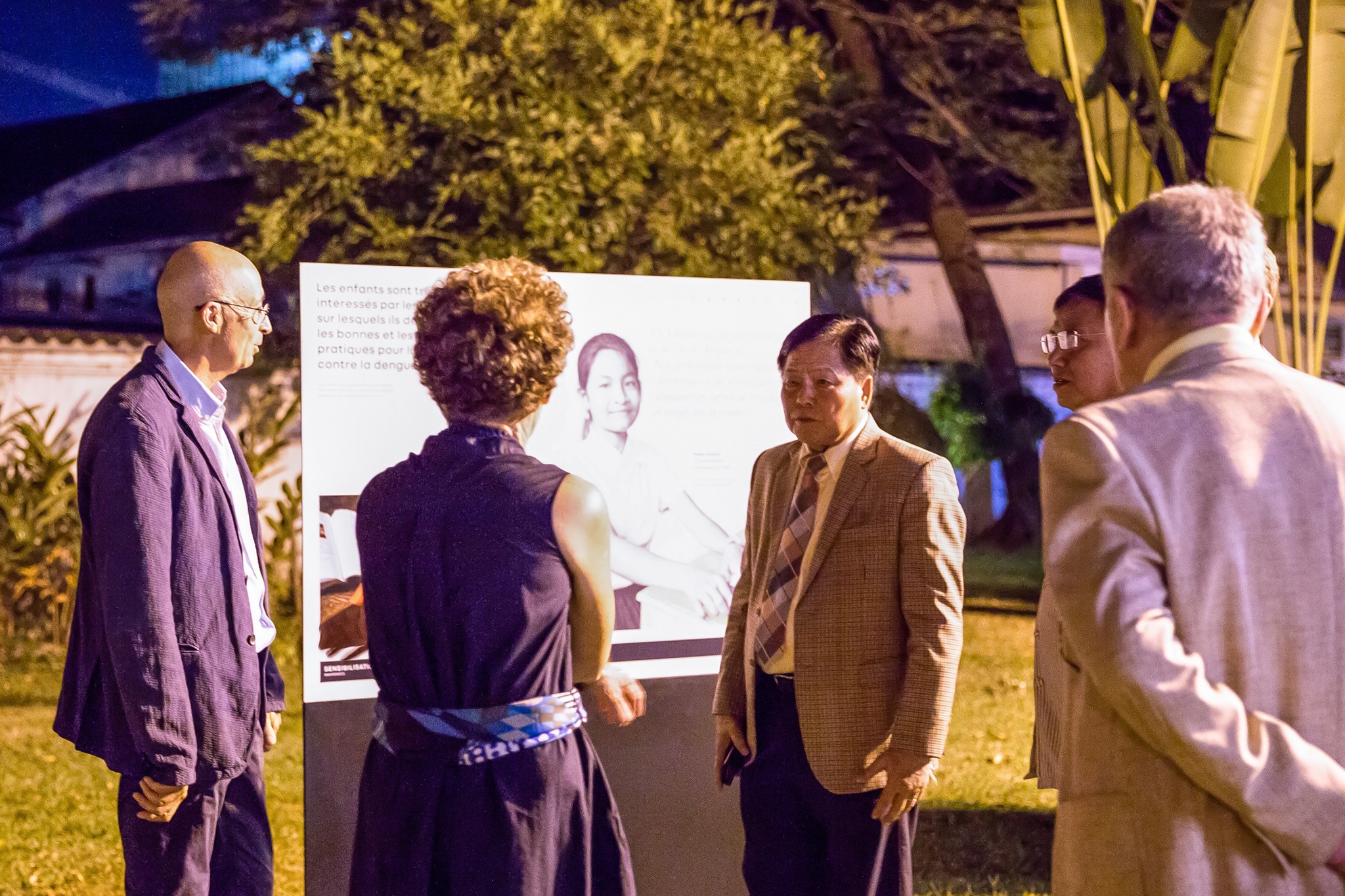
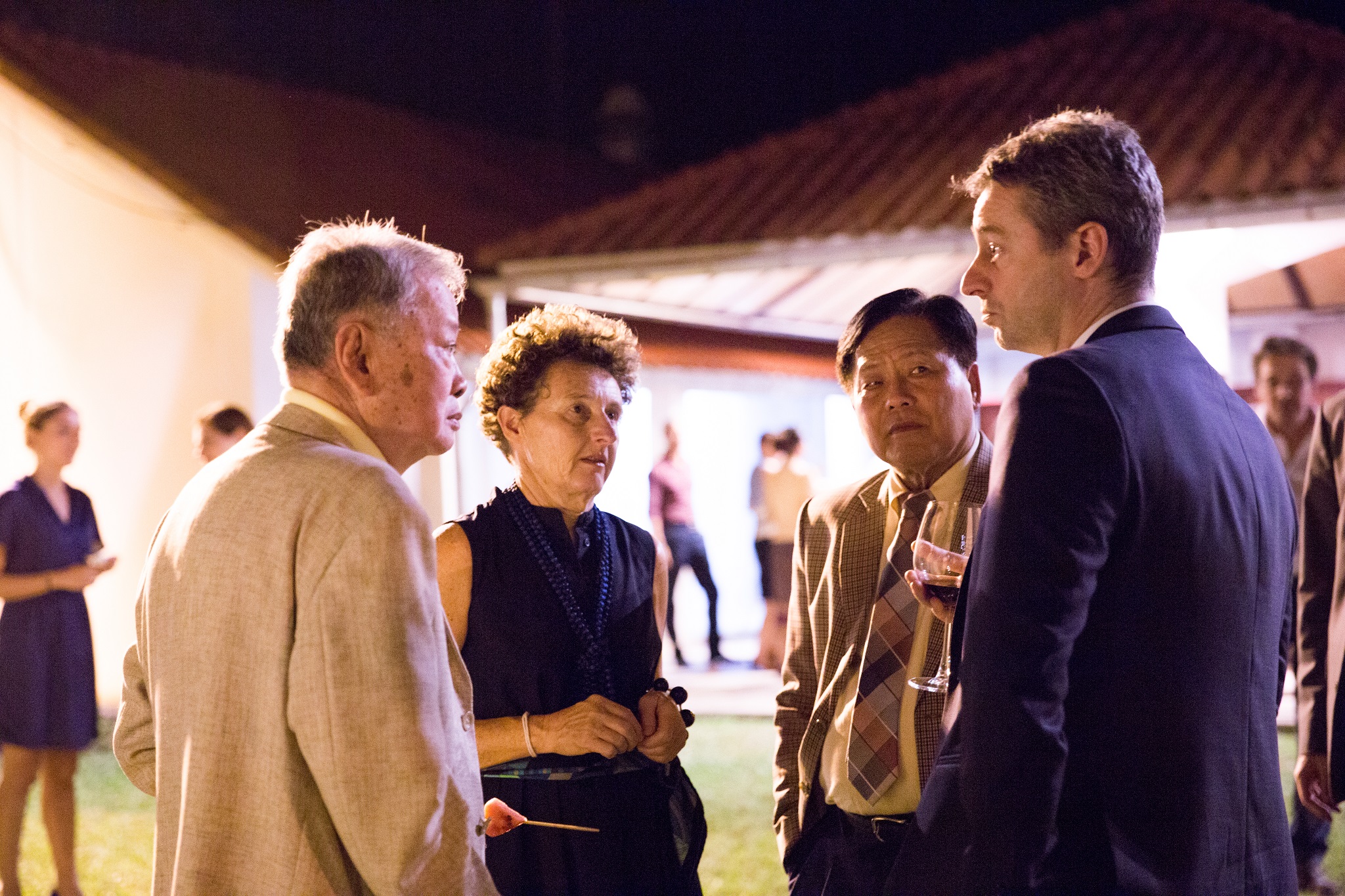
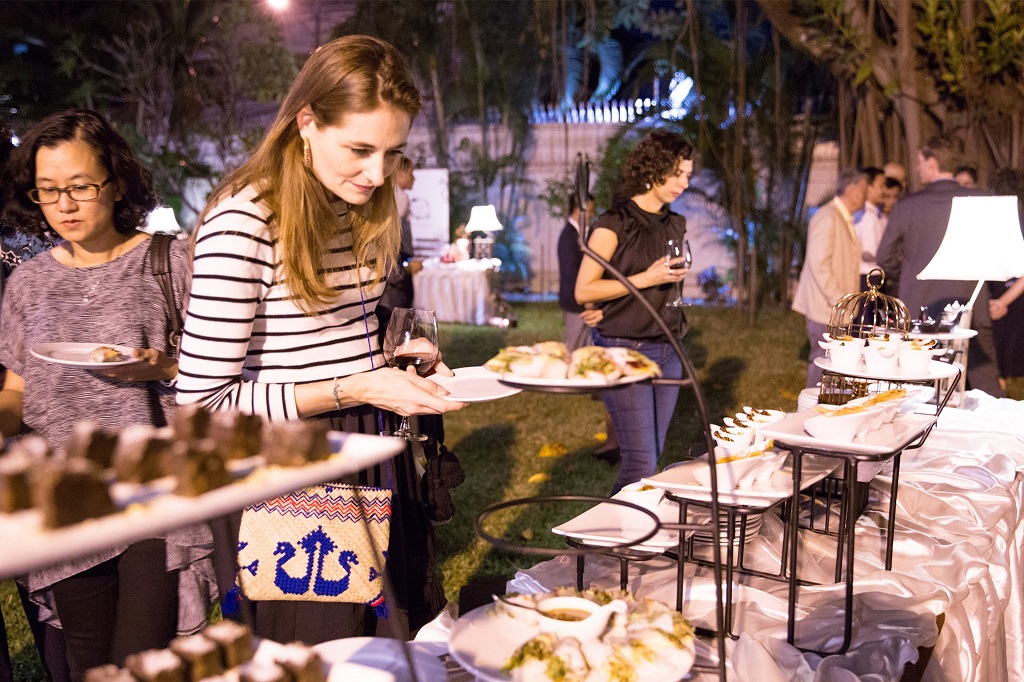
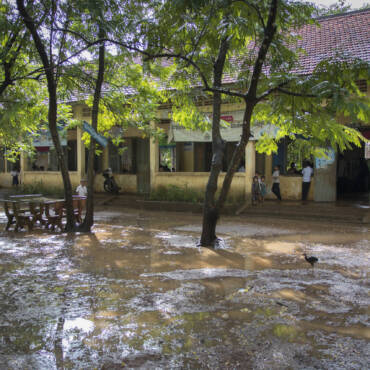
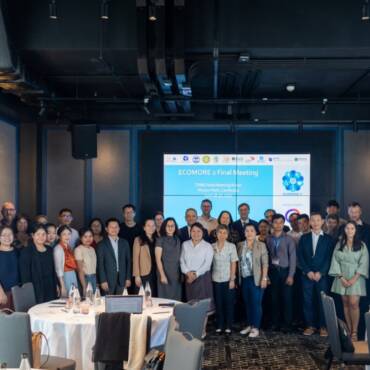
Add Comment